Want the most powerful VPN app? Let the Best VPN App Development Company bring your vision to life
Start now—because waiting isn’t winning
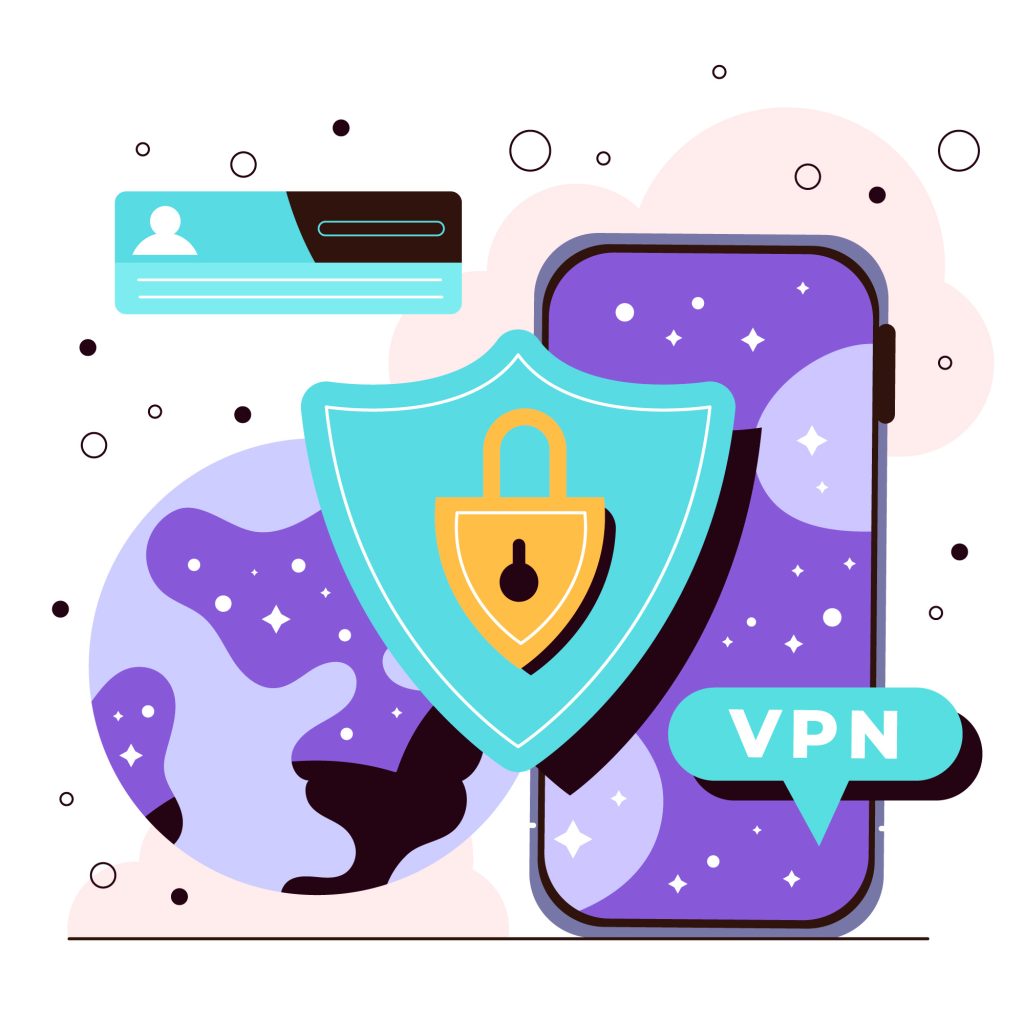
We serve over 50+ global companies.





Our Working Process
Once the idea is set, our research team dives deep into every technology’s core. Then, our development team turns vision into reality with precision
Success begins with a smart strategy and goals that align with the desired results.
Our graphic team brings ideas to life, and the prototype is refined through detailed collaboration.
From development to thorough testing on multiple devices, we finalize the product for ultimate reliability and performance.
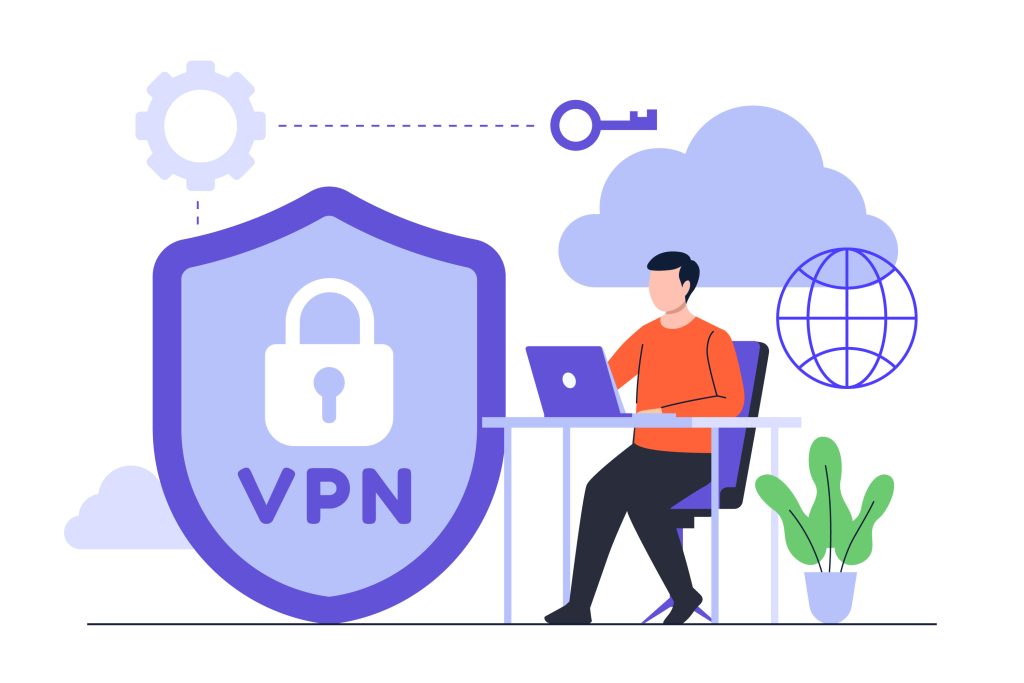
What Makes Us Unique
Years of Services
Trusted Clients
Countries Served
Our Make Us Best VPN Company
Your Fast, Secure VPN App, Delivered
We build fast, secure VPN apps for all major platforms. With expert developers and SQA engineers, we guarantee exceptional performance across every device.
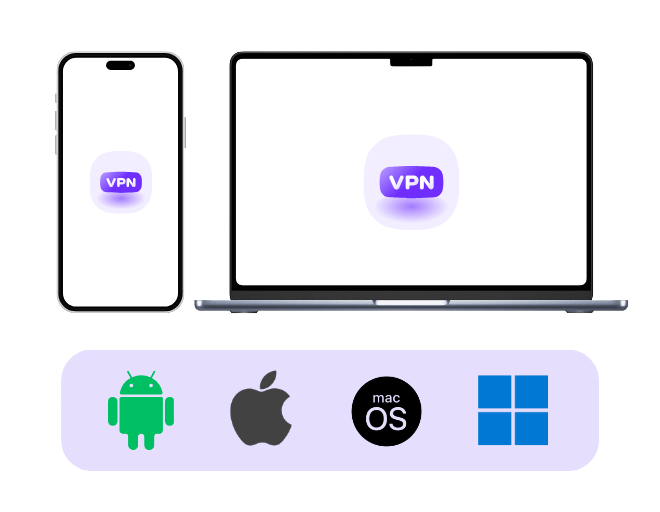
Customize Your VPN’s Speed with the Right Protocol
Your VPN’s performance depends on its protocols. Select the ones that best suit your needs to ensure lightning-fast and efficient results.
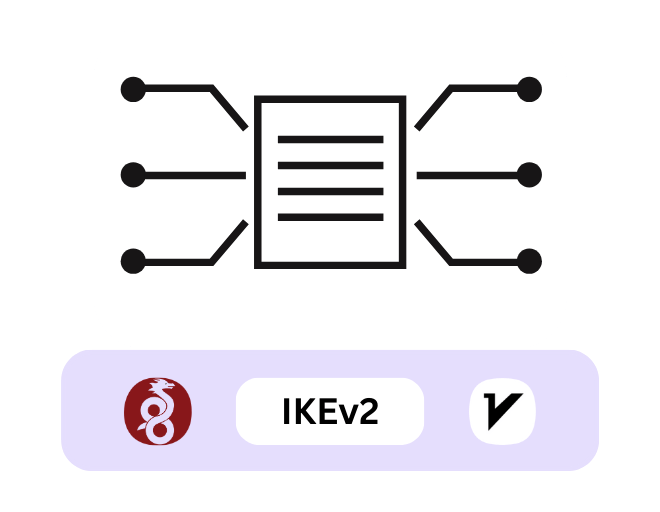
Control Your VPN Like a Pro with the Admin Panel
Wonder how to stay in control? With our powerful admin panel, you manage everything—subscribers, payments, resellers—with unmatched simplicity and efficiency.
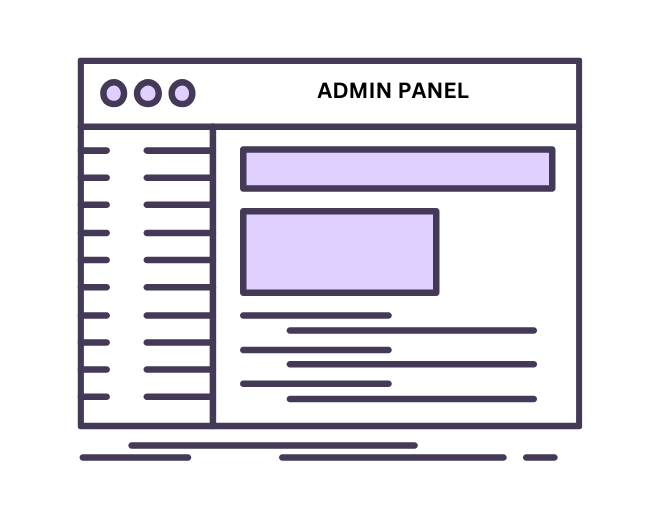
Experience Powerful VPN Features for Unmatched Security
With a custom-built VPN, you get the features and protocols that guarantee ultimate security, protecting your online presence every step of the way

Our Technical Expertise
Choose The Right VPN Pack For You!
Get your server up and running to stay 100% anonymous and untraceable!
/ month
/ month
/ one time
/ month



Online privacy is no longer an optional thing, it’s a necessity. With everyone more paranoid about their security, the VPN market is booming.
You need great service and fast speeds to stand out in such a market.
To guarantee quality with both of these, you need to have a custom VPN built from scratch choose a white-label option to launch faster and save resources.
Both are excellent paths to success, and we’ll explain why.
Keep reading to learn how you can build a great VPN for your service that way.
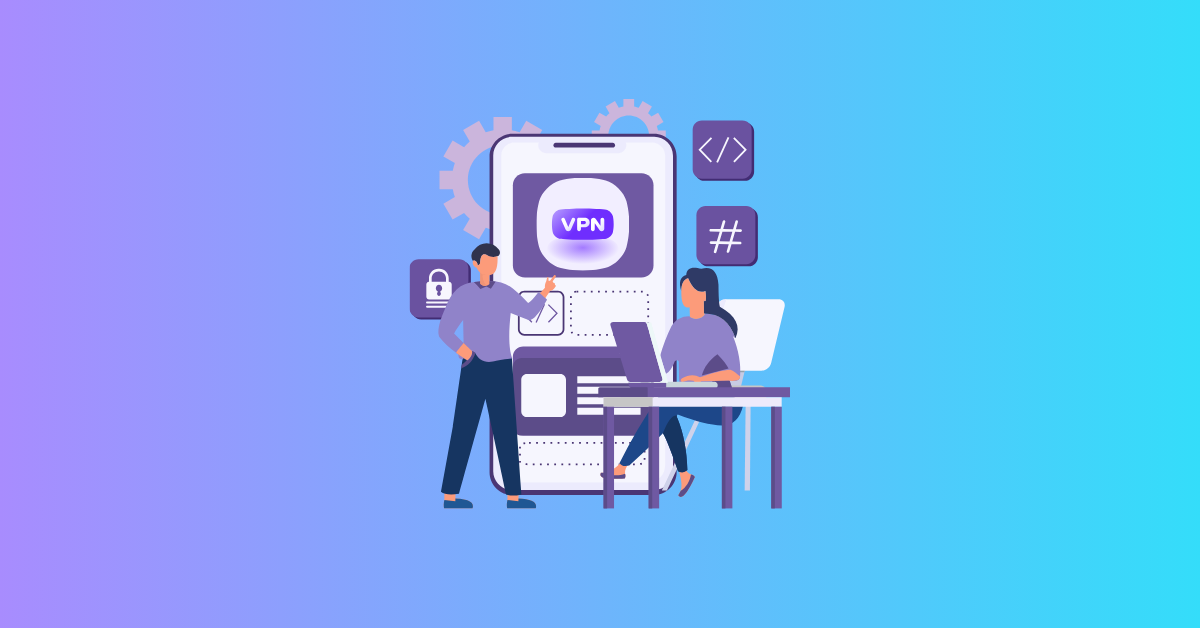
A VPN App Development Company will make the software you need for your business. They’ll hear out your whole roadmap, and help you build the perfect app for your users.
A good dev will build powerful features into the app, while also making sure your users have an easy time navigating around it. You won’t need to put anything but your ideas into the process, they’ll take care of everything top to bottom.
With all that, a VPN App Development Company also offers other things like:
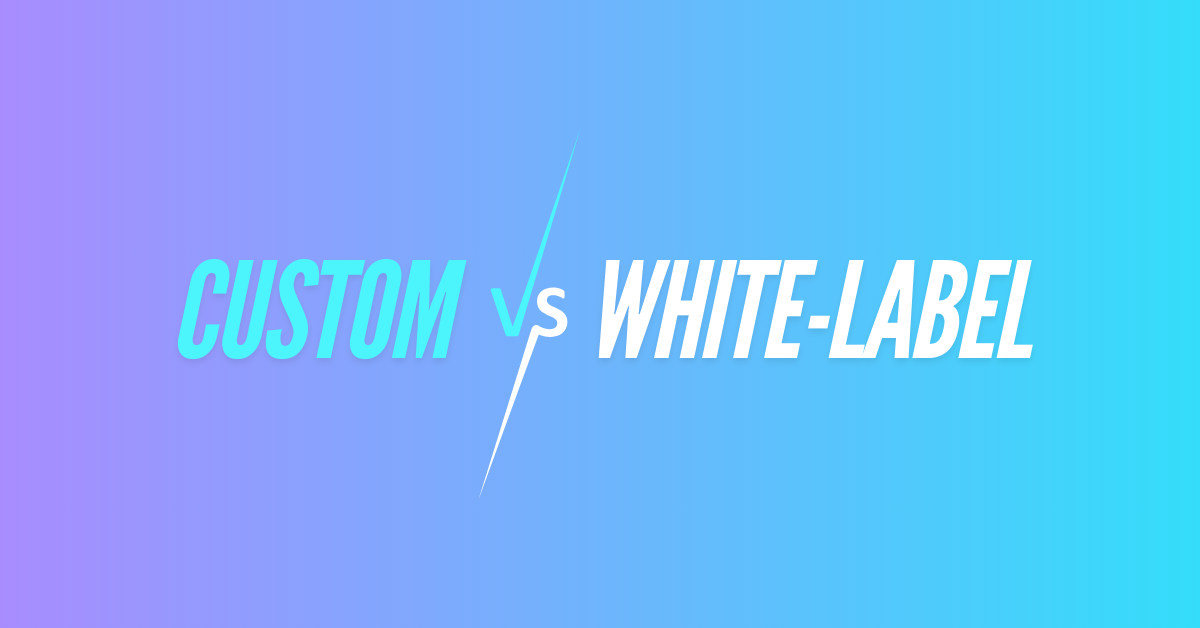
Working with a third-party service won’t limit you in any way. You get plenty of options. Here’s a closer look at them.
The company will make a VPN app from the ground up as per your personal preferences. They’ll take care of everything from the front end to the underlying structure.
If you’re already halfway through building the system for your VPN business, you can get a Custom VPN to seamlessly integrate into that system.
Keep in mind though, this is the most expensive choice. Special custom features like split tunneling and kill switches add to it, and you also have to consider ongoing maintenance.
Don’t have a lot of time to work on starting your business?
A white-label VPN is the perfect pre-packaged solution to your problem.
It comes ready-to-launch, all you’d need to do is apply your branding and logo, then add in any extra features you want.
This sort of VPN is cheaper than going for a custom option, and based on your provider you might even get some level of customizability.
With a Hosted VPN, a provider will go beyond creating the app itself. You’ll get the basics, like the main development and long-term support.
However, the provider will also go beyond that and give you access to already set-up infrastructure.
For the most part, you’ll only be involved with the paperwork, without having to bother much about the technical side.
As for customization, that depends on the provider. Some will let you go deep and add in new features, while others will only let you put your branding on their tool.

When you hire a VPN App Development Company, they’ll take a lot of load off your hands.
But you might be wondering before you give such a vital part of your business to them—what do they actually do?
Let’s walk you through the whole development process.
First, you work with the company to pick out key features for your VPN.
For instance, you can go for protecting users’ data with stronger encryption, providing different server locations, or adding tools like a “kill switch” that cuts the internet if the VPN stops.
You’ll also need to define your business model if you’re going for a hosted VPN— will it be subscription-based, ad-supported, or a combination of both?
With most of the project discussions done, the company will then move on to the front end.
The developer team creates an easy-to-use app interface. A good VPN app has a simple screen to connect, disconnect, and switch server locations.
Other user actions will also be taken into consideration, like configuring the settings.
Most companies design software like Figma to create and streamline the UI for app developers as well as users.
Once they’re done discussing the initial planning stages with you and the UI design, they’ll move on to the technology stack.
The tech stack is the collection of software, frameworks, and tools needed to build the VPN.
Starting with the client side—the app you and your customers will use—they’ll work with coding language designed for specific platforms.
For iOS, most devs use Swift, Flutter or Objective-C. Flutter is also used for Android, but most go for either Kotlin, Java, or Dart.
React Native is also used primarily as a cross-platform option.
After all that, the design will be finalized and put into place, by setting up the backend (or “server-side”).
Most devs use Linux-based systems like Debian and open-source VPN software to develop the backend, such as strongSwan or OpenVPN for the most stability and security.
Most of the time, the provider will already have servers set up in the locations you need.
In case you need an unlisted location for your target market, they will set up the servers in those locations. This might cost quite a bit.
While they’re at it, the developers will configure secure protocols like IKEv2 to manage data tunneling and to IPs masked, so the virtual locations work well.
After everything, they’ll smoothly integrate those locations into the app.
APIs are software tools that make it easy to add functions like login, payments, and user management. OAuth is a well-known example of this.
The development company builds and integrates custom APIs. Through these APIs, you can manage all features via an admin panel.
This setup allows you to control things like subscriptions and server health.
After building the app, it goes through rounds of testing to make sure everything works.
Once ready, the company can help launch the VPN in app stores and provide updates to keep the app secure over time

Creating a VPN app costs anywhere from around $8,500 to over $25,500, based on what you want it to do, how advanced it is, and the quality of its design.
Here’s a breakdown of what you might spend:
There are a couple of other costs directly related to the VPN app and infrastructure:
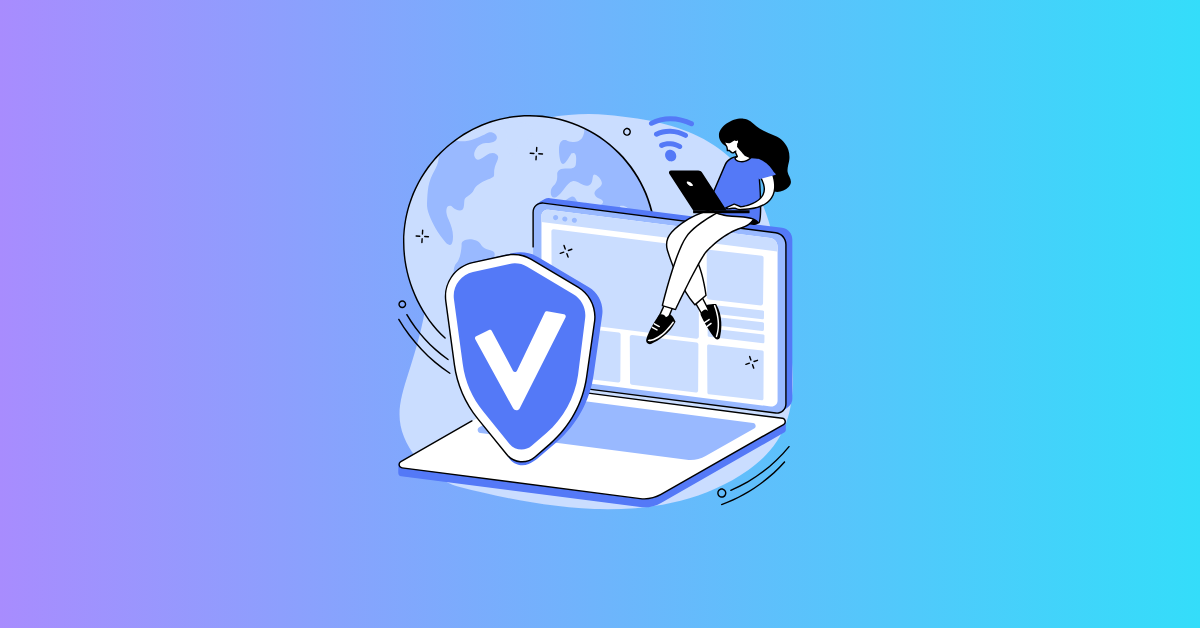
Choosing A VPN Development Company is a vital starting step, as the quality of service decides how your VPN service will start off.
Picking the right company is even more important if you stick to them for a long time, as long-term maintenance of a VPN service is a huge commitment.
The legal aspects will already be a handful, so you should find a team that you can always rely on for the technical side. Here are some quick tips to follow to pick the best option:
And of course, don’t forget to read the reviews across various sites, like Google Business Profile, TrustPilot or BBB.
Take a look at our Vipiyan VPN for the proof—it’s made by our own VPN app development team. We offer connection speeds that will amaze your users, and we don’t cut any slack in the design department, either.
Our VPNs are easy to activate, use and offer the strongest encryption around.
No matter how detailed and complex your idea is, we’ll always take the extra step for you! Did any of that catch your fancy? Reach out to us, and we’ll be right with you!
Our specialty is startups, but we can work with already established VPN businesses as well.











